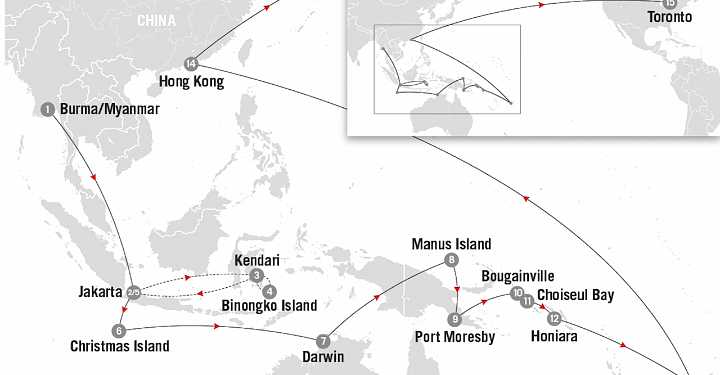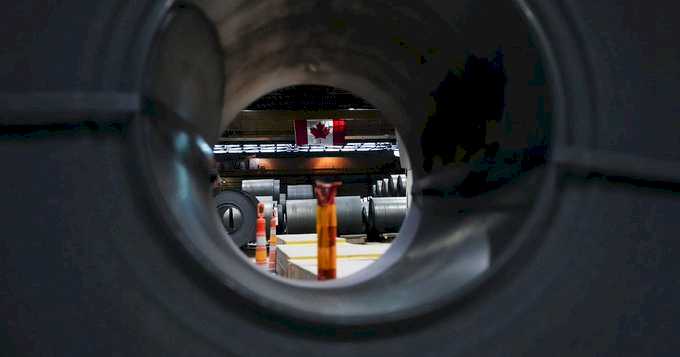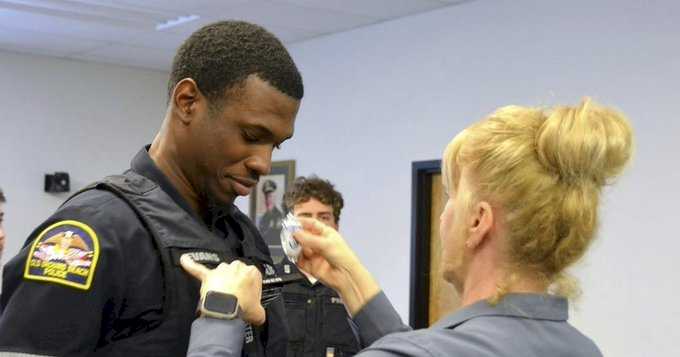U.S. envoy says Putin agreed to security protections for Ukraine as part Trump summit.
NEW YORK — Russia’s Vladimir Putin agreed at his summit with U.S. President Donald #Trump to allow the United States and its European allies to offer Ukraine a security guarantee resembling #NATO’s collective defense mandate as part of an eventual deal to end the 3 1/2-year war in Ukraine, special U.S. envoy Steve Witkoff said Sunday.
“We were able to win the following concession: That the United States could offer Article 5-like protection, which is one of the real reasons why Ukraine wants to be in NATO,” he told CNN’s “State of the Union.” He added that it “was the first time we had ever heard the Russians agree to that” and called them “game-changing.”
Article 5, at the heart of the 32-member military alliance, states that an armed attack against one or more of the members shall be considered an attack against all members.
Witkoff, who had joined Secretary of State Marco Rubio for the talks Friday at a military base in Alaska, offered few details on how such an agreement would work. But it appeared to be a major shift for Putin and could serve as a workaround to his long-standing objection to Ukraine’s potential NATO membership.
Outlining some of the details about the private discussions, Witkoff also said Russia had agreed to enact a law that it would not “go after any other European countries and violate their sovereignty. And there was plenty more.”
European Commission President Ursula von der Leyen, speaking at a news conference in Brussels with Ukrainian President Volodymyr Zelenskyy, applauded the move. “We welcome President Trump’s willingness to contribute to Article 5-like security guarantees for Ukraine and the `Coalition of the willing’ -- including the European Union -- is ready to do its share,” she said.
Zelenskyy thanked the United States for recent signals that Washington was willing to support such guarantees, but that much was unclear.
“It is important that America agrees to work with Europe to provide security guarantees for Ukraine,” he said, “But there are no details how it will work, and what America’s role will be, Europe’s role will be and what the EU can do, and this is our main task, we need security to work in practice like Article 5 of NATO, and we consider EU accession to be part of the security guarantees,” he said.
Witkoff defended Trump’s decision to abandon his push that Russian agree to an immediate ceasefire, which Trump had set as a benchmark going into the meeting. Witkoff said the Republican president had pivoted toward a peace deal because so much progress was made.
“We covered almost all the other issues necessary for a peace deal,” Witkoff said, without elaborating. “We began to see some moderation in the way they’re thinking about getting to a final peace deal.”
Rubio, who appeared on three Sunday news shows, said there was not going to be any kind of truce reached because Ukraine was not at the summit.
“Now, ultimately, if there isn’t a peace agreement, if there isn’t an end of this war, the president’s been clear, there are going to be consequences,” Rubio said on ABC’s “This Week.” “But we’re trying to avoid that.”
Rubio, who is also Trump’s national security adviser, said he did not believe imposing new U.S. sanctions on Russia would force Putin to accept a ceasefire.
“The minute you issue new sanctions, your ability to get them to the table, our ability to get them to table will be severely diminished,” Rubio told NBC’s “Meet the Press.”
He also said “we’re not at the precipice of a peace agreement” and that getting there would not be easy and would take a lot of work.
“We made progress in the sense that we identified potential areas of agreement, but there remains some big areas of disagreement. So we’re still a long ways off,” Rubio said.
Zelenskyy and Europeans leaders, who heard from Trump after the summit, are scheduled to meet with him at the White House on Monday.
“I think everybody agreed that we had made progress. Maybe not enough for a peace deal, but we are on the path for the first time,” Witkoff said.
He added: “The fundamental issue, which is some sort of land swap, which is obviously ultimately in the control of the Ukrainians -- that could not have been discussed at this meeting” with Putin. “We intend to discuss it on Monday. Hopefully we have some clarity on it and hopefully that ends up in a peace deal very, very soon.”
Jill Colvin, The Associated Press


















Global News on Umojja.com